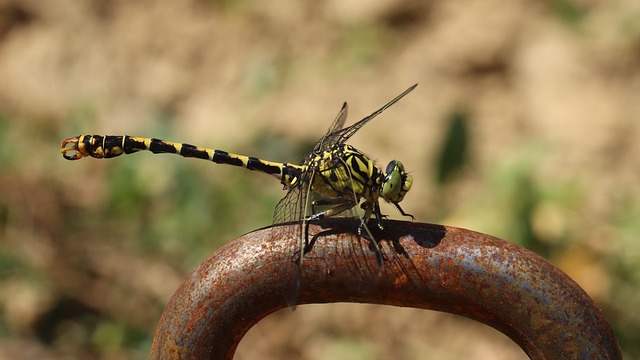shark roulette 😃 Shark Roulette: The Unpredictable Dance Between Humans and Nature

Shark Roulette: The Unpredictable Dance Between Humans and Nature
In recent years, an alarming trend has emerged within the realm of extreme sports and adventure tourism — a phenomenon colloquially known as "shark roulette." This practice, while thrilling for some, raises significant ethical, ecological, and safety concerns. Shark roulette involves participants engaging in activities that involve close proximity to sharks, often without adequate measures for safety or environmental preservation. This article delves into the implications of this trend, examining the motivations behind it, the risks it poses to both participants and marine ecosystems, and the broader societal context in which it exists.shark roulette

The allure of shark roulette is primarily driven by the human desire for adrenaline and the quest for unique experiences. Many adventure seekers are drawn to the idea of facing their fears head-on, and the presence of a predator such as a shark amplifies this thrill. Social media plays a pivotal role in this phenomenon; individuals often share their experiences online, creating a feedback loop that encourages others to partake in similar activities. The visual impact of a person swimming or diving among sharks is striking, generating engagement and fascination. However, the romanticization of such encounters glosses over the inherent dangers and ethical dilemmas involved.
From a safety standpoint, shark roulette is fraught with risks. The unpredictability of shark behavior poses a significant threat to participants. While many species of sharks are not inherently aggressive, their responses to human presence can be erratic, influenced by factors such as feeding patterns, environmental conditions, and individual temperament. Incidents of shark bites, although statistically low, can result in severe injuries or even fatalities. The increasing popularity of shark roulette could inadvertently escalate the frequency of these unfortunate encounters as more individuals venture into waters that are home to these majestic creatures without appropriate training or precautions.shark roulette
Moreover, the impact of shark roulette extends beyond human safety to encompass ecological ramifications. The proliferation of such activities can lead to disturbances in marine ecosystems, particularly in regions where sharks play a crucial role as apex predators. These predators help maintain the balance of marine life, regulating populations of other species and thus supporting the overall health of ocean habitats. The presence of humans in their territory can disrupt their natural behaviors, leading to unintended consequences for the delicate marine environments.
The ethical considerations surrounding shark roulette are also worthy of examination. The act of commodifying wildlife encounters for entertainment purposes raises questions about the responsibility of individuals and organizations involved in promoting such activities. While some proponents argue that these experiences can foster a greater appreciation for sharks and marine conservation, the potential for harm — both to the animals and to the participants — cannot be overlooked. Engaging with wildlife should ideally be rooted in respect and understanding, rather than in the pursuit of thrill.
In response to the growing concern surrounding shark roulette, various stakeholders are beginning to advocate for more responsible practices in marine tourism. Environmental organizations, marine biologists, and conservationists are working towards establishing guidelines that prioritize the safety of both humans and sharks. These initiatives emphasize the importance of education, encouraging participants to learn about shark behavior, their ecological significance, and the potential impact of their actions on marine ecosystems. Furthermore, promoting alternatives to shark roulette that focus on observation rather than interaction can provide individuals with fulfilling experiences without compromising safety or ethics.
Public awareness campaigns are critical in reshaping the narrative around shark encounters. By highlighting the beauty and importance of sharks within their ecosystems, these campaigns can help shift the focus from sensationalized interactions to a more nuanced understanding of marine life. Through education and engagement, society can cultivate a culture that values conservation over thrill-seeking, fostering a deeper appreciation for the natural world and its inhabitants.shark roulette
In conclusion, while shark roulette may offer a tantalizing glimpse into the lives of one of the ocean's most enigmatic creatures, it is imperative to approach such experiences with caution and respect. The convergence of human curiosity and the unpredictable nature of wildlife necessitates a careful consideration of the ethical, ecological, and safety implications involved. As the trend continues to gain traction, it is crucial for individuals, organizations, and society at large to prioritize the responsible engagement with marine life, ensuring that the thrill of adventure does not come at the expense of safety or the health of our oceans. In this delicate balance lies the potential for a more sustainable and respectful coexistence between humans and the natural world.shark roulette

Fale conosco. Envie dúvidas, críticas ou sugestões para a nossa equipe através dos contatos abaixo:
Telefone: 0086-10-8805-0795
Email: portuguese@9099.com


